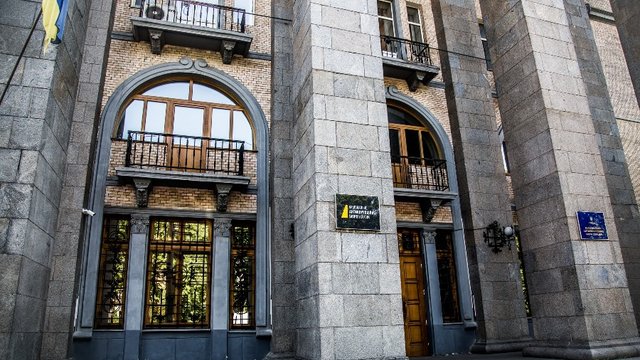NABU to receive access to independent experts by end of Feb 2026 – Arrangement with IMF

Ukraine undertakes to provide the National Anti-Corruption Bureau (NABU) with access to independent and competent experts by the end of February 2026 for more effective investigation of corruption schemes.
The Extended Arrangement under the Extended Fund Facility with the International Monetary Fund (IMF), updated according to the results of the eighth review and published on Tuesday, states that providing NABU with access to forensic experts will take place as part of the reform of the forensic medical examination system for the Bureau.
"We will ensure that the NABU by end-February 2026 has access to independent and competent forensic experts, to enable it to effectively conduct its investigative mandate, including investigating complex corruption schemes," the document reads.
In this regard, as emphasized in the updated program with the IMF, the Ministry of Justice will hold relevant consultations, in particular with NABU, on the establishment of a special and independent institution of the CME.
As for the implementation of the law granting NABU the right to wiretap, according to the document, NABU is completing the tender process for the specified equipment.
In addition, Ukraine undertakes to conduct an external independent audit of the SAPO and publish the audit report in accordance with the two-year period provided for by the amendments to the law on the Specialized Anti-Corruption Prosecutor's Office (SAPO) of December 2023.
According to the text of the document, Ukraine promises to identify and renovate the premises for the High Anti-Corruption Court by October 2025.
In the context of the development of administrative justice, in particular, the creation of local and appellate instances, the appointment of members of the Expert Council continues to determine the minimum number of judges within the time limits prescribed by law.
By the end of July 2025, according to the document, it is planned to adopt further amendments to the Criminal Procedure Code to strengthen the effectiveness of anti-corruption institutions. In particular, this concerns granting the SAPO the authority to manage extradition and requests for mutual legal assistance in investigating corruption cases. The changes will also concern the mandatory closure of pre-trial investigations upon the expiration of the deadlines after reporting suspicion (the so-called "Lozovy's amendments").









